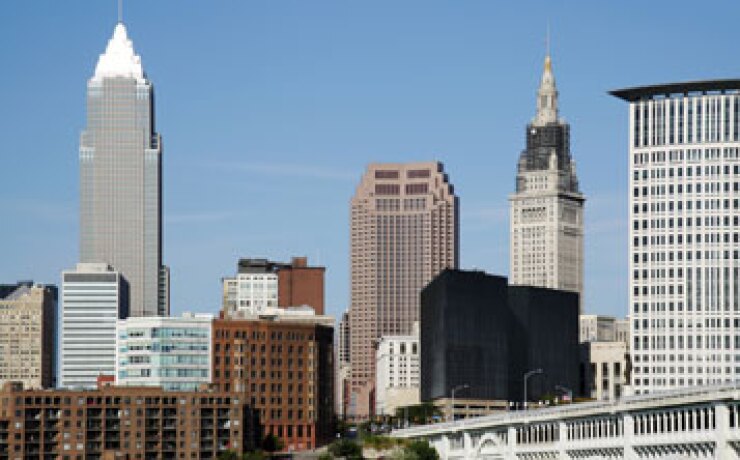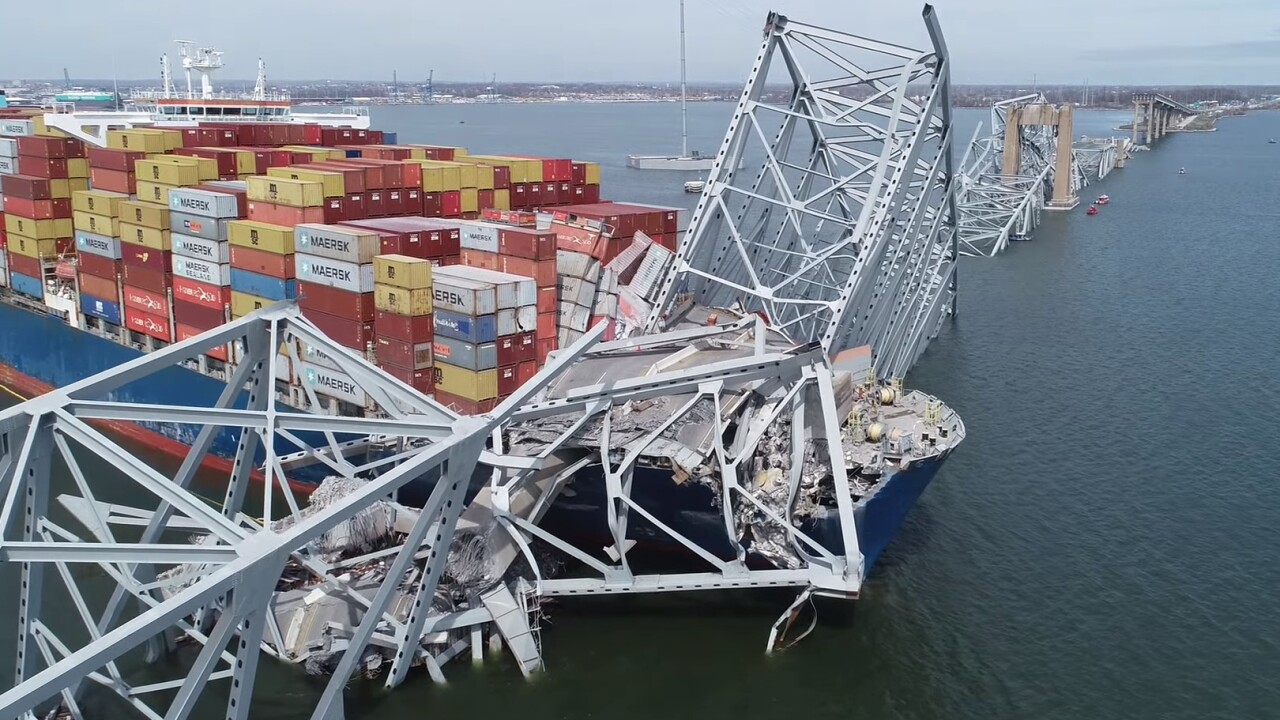
CHICAGO -- Cuyahoga County citizens will vote in May on whether to extend a pair of so-called sin taxes to raise new money for three sports stadiums located in downtown Cleveland.
The cigarette and alcohol tax revenue would help keep professional sports teams in Cleveland and promote economic development in the city, supporters say.
The Cuyahoga County Council unanimously approved the measure Tuesday by a vote of 11-0.
The Cleveland Browns, Cleveland Cavaliers, and Cleveland Indians play at the facilities. The city owns the Browns' stadium and the county owns the others. The current leases require the governments to pay for most maintenance.
The Indians' Progressive Field, which opened for the 2004 season, is the oldest of three facilities.
"They're a key to the city and they act as a catalyst for a lot of activity in our downtown area," said Sharon Dumas, the city's finance director. "They do generate tax revenue, but that's not the drivers as to why we want the teams," Dumas added. "Their presence adds to our vibrancy, our cosmopolitanism, and economic growth. People come from all over the region to see the teams."
The city and the county have relied on the cigarette and alcohol taxes since 1990 to finance debt service and repairs to the stadiums. Under the previous tax structure, set to expire in 2015, each government got the tax revenue for 10 years.
The city received roughly $116 million over its 10-year period, Dumas said. Of that, it used $87 million of that for debt service and $29 million for maintenance, Dumas said.
The city still owes roughly $130 million for the Browns' stadium. The debt matures in 2027. Debt service totals between $12 million to $15 million over the life of the debt. Starting next year, the city will to begin to pay the debt service from its general fund unless the tax is renewed. The specifics of how the revenue will be split between the two governments has not yet been hammered out, Dumas said.
"It's the county's authority to move forward with the renewal," she said. "My ask is to assist us to give us relief to the general fund."
If the tax fails, then the city and the county will be on the hook for upgrades, estimated at $13 million a year. The tax is projected to raise $260 million through 2035. The Cavs and the Indians said they need roughly $135 million in upgrades over the next 10 years, and the Browns estimate they will need $24 million.
The Browns have just launched a $120 million, two-year upgrade to the stadium. The city has pledged $30 million to the effort, payable in $2 million annual installments for the next 15 years.
Sports stadiums are important to cities but can present challenges as well, Dumas said. "Depending on the kind of lease that you have, some cities can be stressed by this," she said. "But we're managing ours well."





